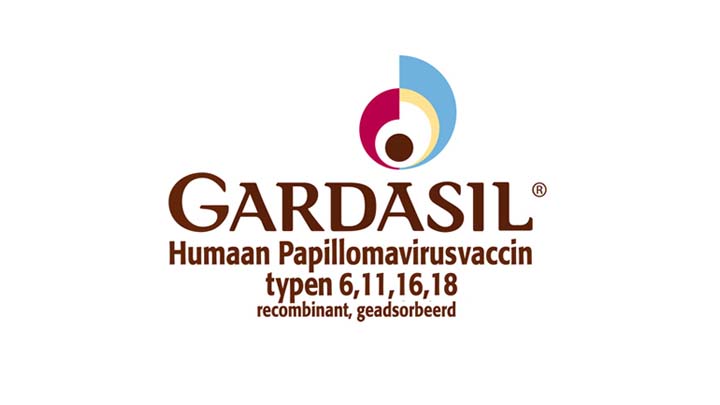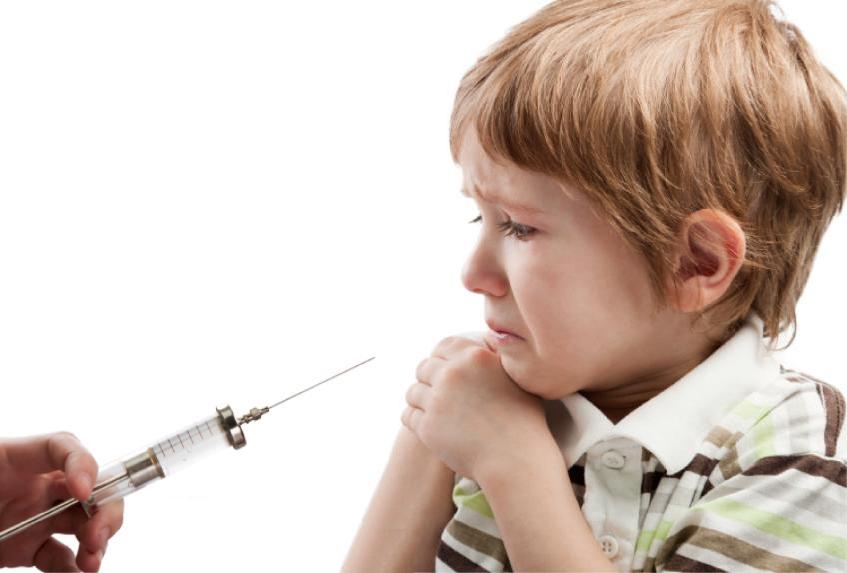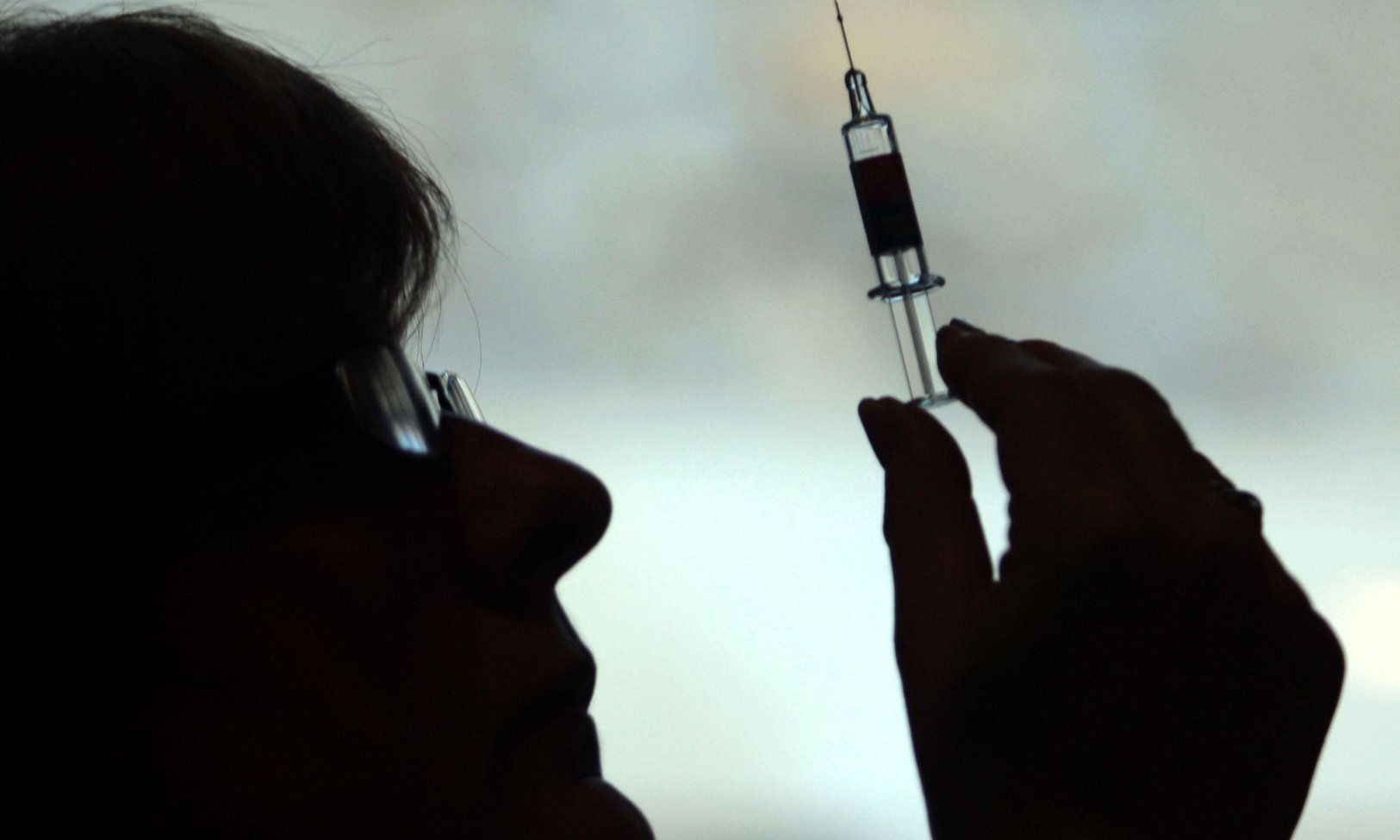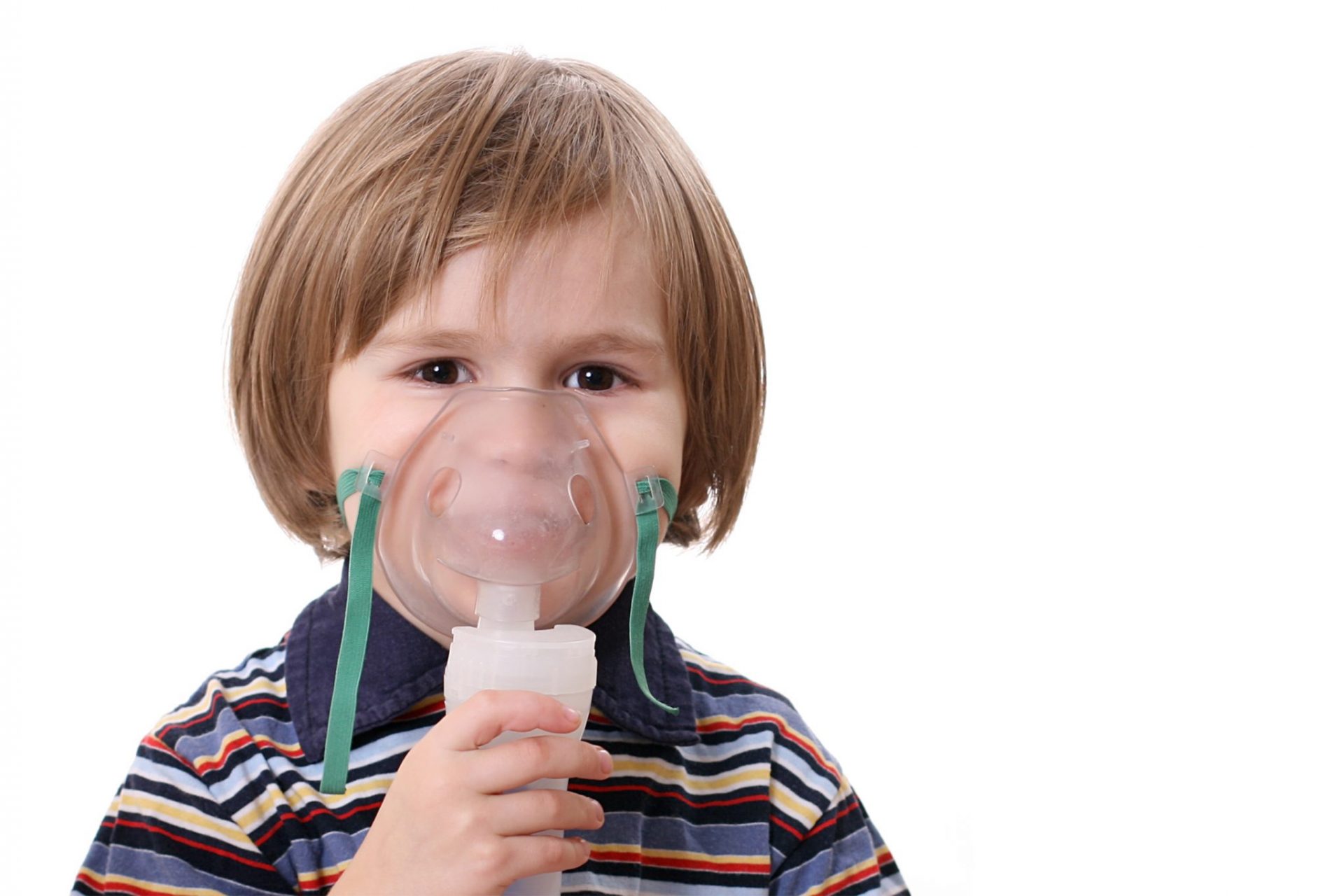CDC study protocol reveals: Stunning correlation between MMR vaccine and autism
(NaturalHealth365) There’s a growing shift in the vaccine and autism debate, with increasing amounts of data challenging the long-held belief that vaccines are harmless. This shift is in no small thanks to bombshell admissions coming from former pro-vaccine experts finally blowing the whistle on previously hidden or misconstrued information about the MMR vaccine.
Now, a re-analysis of 15-year-old data from the U.S. Centers for Disease Control and Prevention (CDC) reveals even more evidence supporting a correlation between the MMR vaccine and autism.
A closer look at old data REVEALS: timing of first MMR vaccine affects risk of autism, especially among African American male children
The re-analysis was authored by Dr. Brian Hooker, PhD, P.E., an assistant professor of biology at a Simpson University in California. Using the CDC’s own study protocol of conditional logistic regression, Dr. Hooker re-examined data from a 2004 paper published in the peer-reviewed journal Pediatrics.
In the 2004 paper, researchers looked at the rates of childhood autism based on when children first received the MMR vaccine (measles, mumps, and rubella). These researchers found that a MMR vaccine administered between the ages of 24 and 36 months was more common among children with autism, and that this “association was strongest in the 3- to 5-year age group.”
Amazingly, the researchers simply attributed this to mandatory immunization requirements for children who already had autism and were enrolled in early intervention programs. Their reasoning: special education students would need to be vaccinated sooner in life than neurotypical children who didn’t require early intervention.
As Dr. Hooker points out, there are at least two reasons why this explanation is insufficient at best and purposefully deceitful at worst:
Discover a Simple and Effective Way to Remove Toxins: This is Jonathan's #1 choice for at-home detoxification. Special offer ends Feb. 16.
- It’s unlikely that children from the study sample would have an autism diagnosis before getting the MMR vaccine. The average age for an autism diagnosis in the 1990s (back when the mercury-based preservative thimerosal was still widely used in vaccines) was around 50 months—well after the typical ages at which children are immunized.
- If the original researchers’ theory was true, then autism rates would be similar for both boys and girls—which is NOT what Dr. Hooker found during his re-analysis.
In fact, Dr. Hooker was able to reveal what the data truly confirmed: “Statisically significant relationships [between vaccines and autism] were observed when African-American males were considered separately” from the entire group of children immunized either before or after age 36 months. “CDC officials observed very similar relationships as early as November 2001,” Dr. Hooker continues, “but failed to report them in their final publication.”
In other words, getting the MMR vaccine earlier in life (before age 36 months) appears to increase the risk of an autism diagnosis, and this association is especially significant in African-American males.
Dr. Hooker’s findings were published in the December 2018 volume of the Journal of American Physicians and Surgeons.
Major takeaways you need to know from this recent re-analysis
If you’re wondering how the CDC managed to downplay such stunning data from the 2004 Pediatrics paper so egregiously, it may be helpful to understand a bit of statistical trickery.
For instance, the authors of the 2004 paper ended up restricting much of their analysis to children born only in Georgia. This drastically reduced the sample size and effectively washed out any statistical significance (which explains why studies with large sample sizes are so important).
Additionally, the authors appeared to give up on the CDC protocol for data analysis – quite plausibly because of unwanted data showing up in the results. When Dr. Hooker carried out the logistical regression analysis as advised by the CDC themselves, then the strong significant correlation between autism and early MMR vaccine administration was evident.
Lastly, Dr. Hooker admonishes the CDC and the paper’s authors for not performing any follow-up research on these 2004 findings—let alone for downplaying the findings to begin with. As he sees it, it’s a “lost opportunity” to investigate how the childhood vaccine regime is potentially giving rise to the growing rates of autism.
Stunning data, indeed.
Sources for this article include:
Childrenshealthdefense.org
Jpands.org
CDC.gov
Pediatrics.org
NIH.gov















